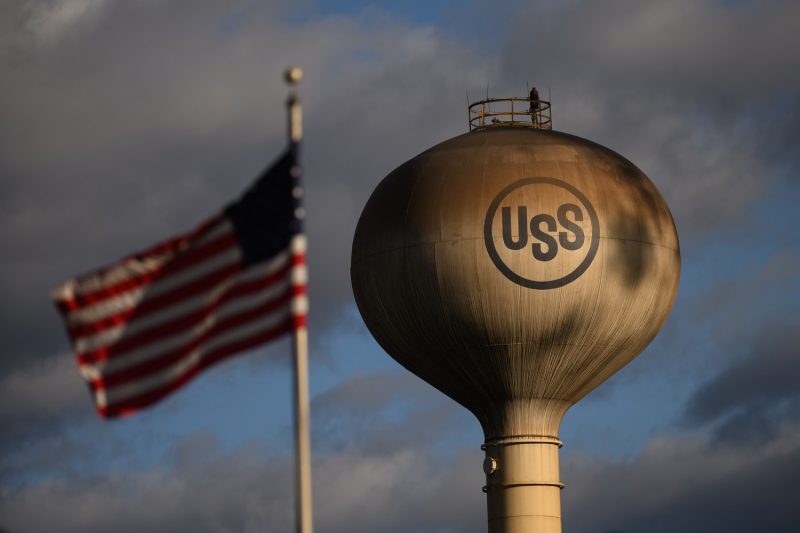Joe Biden has expressed his administration’s intention to potentially block the sale of a U.S. steel company to a Japanese firm. This move signifies the administration’s commitment to protecting American businesses and national interests. The decision has sparked debates and concerns regarding the implications on trade relations between the U.S. and Japan, as well as potential effects on the global steel industry.
One of the key factors driving Biden’s consideration to block the sale is the importance of maintaining a strong domestic steel industry. The U.S. steel sector has long been seen as a critical component of national security and economic stability. By preventing the acquisition of a major U.S. steel company by a foreign entity, the administration aims to safeguard American jobs and ensure the country’s self-sufficiency in steel production.
Furthermore, the decision to block the sale reflects broader concerns about foreign influence and control over strategic industries. Allowing a Japanese company to acquire a significant U.S. steel manufacturer could potentially give Japan undue leverage and access to critical resources. In a globalized economy where national interests are increasingly intertwined with international trade, protecting key industries from foreign takeover is seen as a crucial aspect of ensuring economic sovereignty.
The move to block the sale also highlights the Biden administration’s commitment to fair trade practices and a level playing field for American businesses. Concerns have been raised about the potential impact of the acquisition on competition within the steel industry, with fears of monopolistic behavior and market manipulation. By intervening in the sale, the administration is signaling its support for healthy competition and a diverse marketplace that benefits both consumers and producers.
However, the decision to block the sale is not without its detractors. Critics argue that such protectionist measures could harm diplomatic relations with Japan and set a negative precedent for future trade agreements. They also raise concerns about retaliation from Japan or other countries that may view the U.S. move as unfair or discriminatory.
In conclusion, Joe Biden’s consideration to block the sale of a U.S. steel company to a Japanese firm is a complex decision with far-reaching implications. While aimed at protecting American interests and promoting a strong domestic steel industry, the move also raises questions about the balance between trade relations, national security, and competition. As debates continue over the potential consequences of blocking the sale, it is clear that the Biden administration’s stance on protecting critical industries will have significant implications for the future of U.S. trade policy.




























